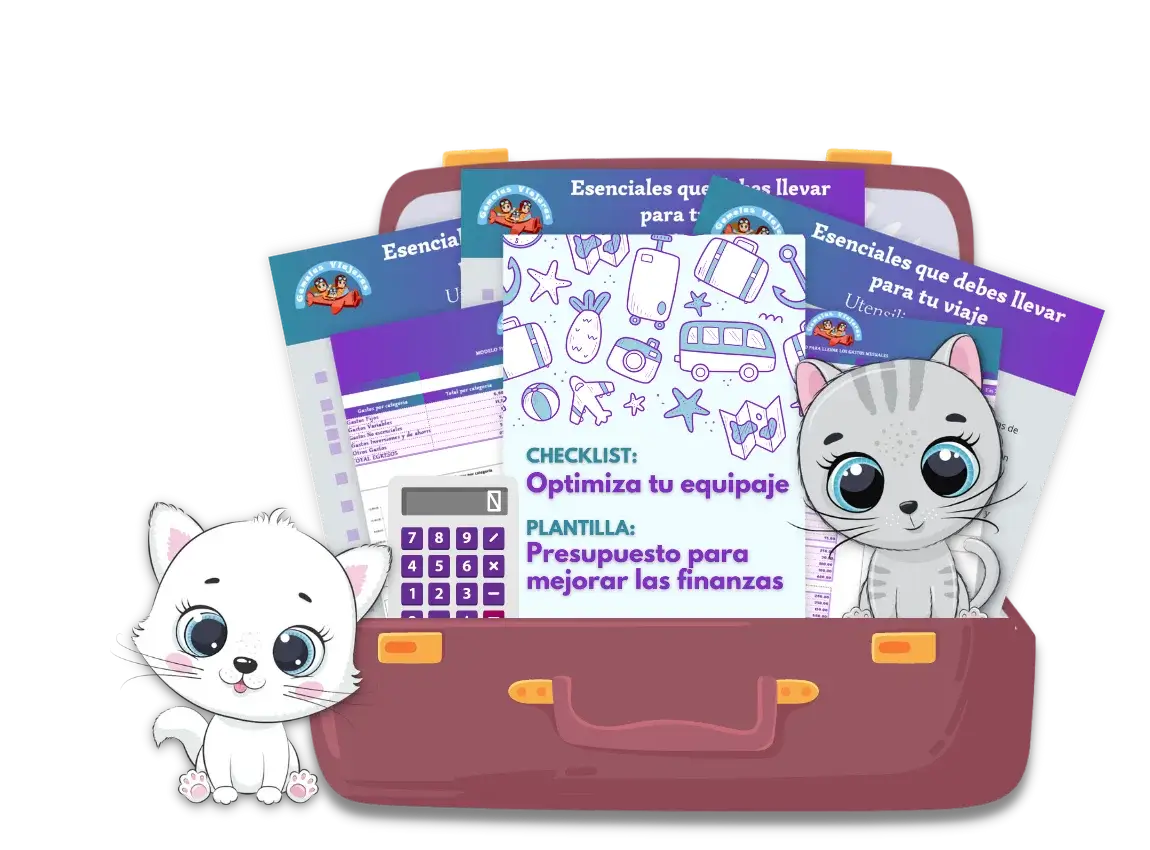One of the most useful tools we have had in our travels is to have proficiency in the English language.
In roman times, linga franca was Latin. The entire Empire, regardless of the vernacular languages, could be understood through Latin.
Today, the closest thing to that lingua franca (or language that everyone can communicate with) is English.
Why English
 As stated and for historical and economic reasons, the use of English has spread throughout the world as the second language of preference to be learned.
As stated and for historical and economic reasons, the use of English has spread throughout the world as the second language of preference to be learned.
Not only for pop culture (music, film), based on this language. We also see that scientific articles from anywhere in the world are published in specialized english media.
The international internet dialing regulations (html language) are encoded with the use of English words.
Any product or service that we intend to be aimed at a worldwide audience must be offered in English first.
Although it may sound a little odious, if you don’t understand English, you’re outside the main flow of information online.
Advantages for the traveler: 1. greater chance of communication
When you travel, if you are fluent in English, you are more likely to communicate than in, say, Spanish. Despite the advance of Spanish in recent years, English remains the preferred international language.
Obviously, it will be difficult to speak English with a farmer in a remote region of western China, but when it comes to cities and services such as travel agencies, shopping malls, hotels, restaurants, the advantage of knowing English is evident.
2. Greater possibility of making money
 When you travel as a digital nomad, running an online business, you will be able to access a larger international audience with English.
When you travel as a digital nomad, running an online business, you will be able to access a larger international audience with English.
In addition, you can be hired by transnationals remotely, which guarantees you higher income.
If you’re a technology specialist, such as a web or application developer, programmer or graphic designer, English is essential to scale your business.
3. You can teach Spanish
 Yes, it sounds weird. Knowing English you can teach Spanish. Spanish has displaced French as the second language of learning in both the US and Western Europe.
Yes, it sounds weird. Knowing English you can teach Spanish. Spanish has displaced French as the second language of learning in both the US and Western Europe.
To offer your Spanish language teaching services to Americans, Canadians, English, Germans, Swedes, Danes… you must offer them in English. Because if you do it only Spanish, how will those who precisely want to learn Spanish understand you?
4. It gives you more security and development
When a person is fluent in English and is aware of the power to communicate that he has for the world, he becomes more confident, less shy and more open to relate to the name of the country he visits.
When you transmit security and trust, you become a more interesting, more attractive person and increase your chances of achieving rapport (close connection) with the people you come into contact with.
5. You make more friends
 By being more open, you become friendlier. That’s essential when it comes to establishing long-term relationships, even if they last after the trip is over.
By being more open, you become friendlier. That’s essential when it comes to establishing long-term relationships, even if they last after the trip is over.
These new friends will enrich the worldview, tolerance and understanding of other different realities.
And it makes it easier for you to coachsurfing for your next trips!
6. Increased personal and professional profile

Mastery of a language other than native language tends to make you more likely to study and can give you a higher profile.
We know the case of a woman who went to apply for a position of bilingual secretary (Spanish-English). She was selected for the position but later discovered that for that position she did not require the use of English.
He asked his employer why they then applied for a “bilingual secretary.” He told her that he had discovered that bilingual people had greater autonomy, a willingness to learn and, in general, a higher professional profile.
7. Access to broader information on destinations
 The portals of reviews of places to visit on trips are almost always in English. Most of those who do the reviews do them in English, even if it is not their native language.
The portals of reviews of places to visit on trips are almost always in English. Most of those who do the reviews do them in English, even if it is not their native language.
Check out sites like TripAdvisor and you’ll see that most reviews are in English. Although these websites usually have automatic translators, they are usually robotic and the meaning of what is said in the translation may be lost.
8. Increases cognitive abilities
 Learning a language reconnects synapses for a long time disconnected, possibly causing that the more languages you learn, the easier it becomes for you.
Learning a language reconnects synapses for a long time disconnected, possibly causing that the more languages you learn, the easier it becomes for you.
There are even studies that show that learning a language in adulthood helps prevent degenerative diseases of the nervous system such as Alzheimer’s.
9. Ease of understanding warnings of indications and prevention

In almost all countries that receive tourists and even more so in those that do not use the Latin alphabet such as China, Japan or Arab countries, indications and informative, prevention or warning signs are given in the vernacular language and alphabet and also in the English language.
From saving time by deciphering how “input” and “exit” are written in German in a crowded subway station to avoiding danger on a sign that says “high voltage” in Arabic, knowing English can help us avoid unpleasant trances for not understanding warnings.
By not understanding English we can lose opportunities such as seeing a piece of theater at half price or a free tango show somewhere in the city, etc.
I want to learn English!
There are countless online and offline academies to learn English. You just have to do a short internet search and you will see literally dozens of options only in your area.
You even have the possibility to hire a private tutor, if the money allows it. 
But we want to talk here about a platform that we think is excellent for learning English: Duolingo.
Duolingo is a platform for FREE language learning, developed by Luis von Ahn and Severin Hacker.
From Spanish, users can currently learn English, French, Italian, Portuguese, German, Catalan, Guarani, Swedish, Russian and Esperanto.
As for English for Spanish speakers, according to the platform, it is possible to reach, if you are serious and committed, the B2level, which is quite good.
Tips for better use of Duolingo
1.- Practice daily, even if only about 10 or 15 minutes. Practice makes the teacher.
2.- Divide the practice sessions between reviewing lessons already seen and new lessons.
3.- Focus on a language… maximum two. He who embraces much, squeezes little.
4.- Look for resources outside of Duolingo, such as texts, videos, grammar in your target language: English.
5.- Support yourself in the English chat communities of those who are learning. It’s amazing how people like to help others with their doubts.
6.- Be consistent and patient. Take it easy and as if it were a game. Duolingo is designed as a playful platform for learning. Enjoy.
Conclusions
 Beyond considerations of nationalistic pride or political tendency, there is a reality and that is that the English language is the language of choice for international relations, as a couple of centuries ago was French.
Beyond considerations of nationalistic pride or political tendency, there is a reality and that is that the English language is the language of choice for international relations, as a couple of centuries ago was French.
This is especially true and verifiable when we travel the world. We will always be able to communicate to a greater or lesser extent with people from other countries through English.
That is why we strongly recommend putting the effort, if you want to be a traveler and, even more, digital nomad, in learning this interesting and immensely useful language.
